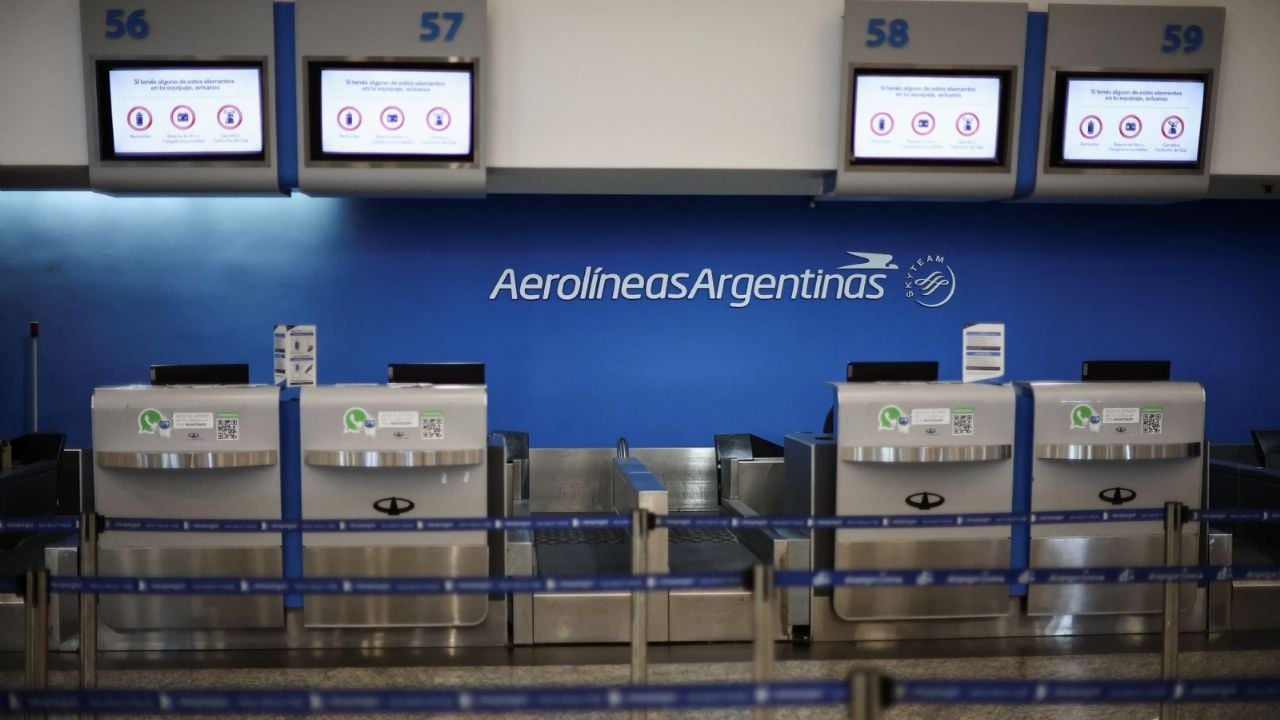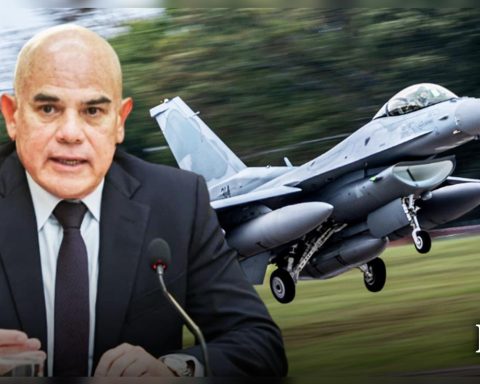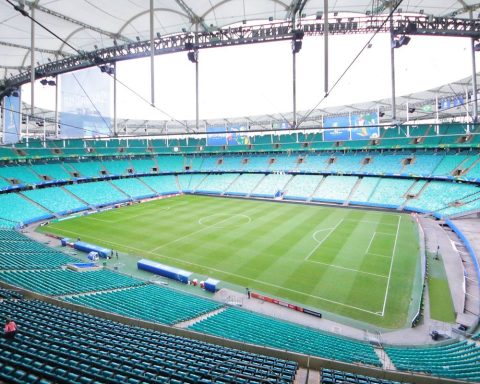Javier Milei has been forceful in his statements about the future of Intercargo, the company in charge of ramp services at Argentine airports. After a Cabinet meeting at the Casa Rosada, the president stated that “Intercargo is ending”, in the midst of a conflict with the aeronautical unions that has generated a great stir in the country.
The conflict that Javier Milei culminated in the closure, it began when Intercargo workers began a surprise strike that affected thousands of passengers at the Metropolitan Airport. The force measure, which included the dismissal of 15 employees, was a response to salary demands and working conditions that the unions consider inadequate.
However, the Government has taken a firm stance and decided to deregulate the ramp service at airports, ending Intercargo’s monopoly. During the Cabinet meeting, Milei made it clear that his administration will not tolerate what he calls “union shakedown.”
In statements to the press, the president stated that “in Argentina you get by working, not stopping or extorting.” This position has been supported by several members of his cabinet, who have indicated that the deregulation of the ramp service is a necessary measure to guarantee efficiency and competitiveness in the country’s airports.

The Secretary of Transportation, Franco Mogetta, also spoke on the issue, indicating that the privatization process of Intercargo is already underway. According to Mogetta, the company has been included in a list of companies that will be privatized, and the Government is evaluating the proposals received to carry out this measure as soon as possible.
In addition, it has been announced that, in emergency cases, security forces will be able to temporarily collaborate with airport services to guarantee the operation of airports. The decision to deregulate ramp service and privatize Intercargo has generated mixed reactions.

Conflict
On the one hand, some sectors applaud the measure, arguing that it will allow greater competition and improve the quality of service. On the other hand, aeronautical unions have expressed their concern about the impact that this decision will have on workers and the operational safety of airports.
The conflict with the aeronautical unions is not new. For months, workers at Aerolíneas Argentinas and other companies in the sector have been demanding better salaries and fairer working conditions. However, the Government of Javier Milei has adopted a tough stance, arguing that the unions’ demands are excessive and that the forceful measures harm passengers and the country’s economy.
follow us on Google News and on our channel instagramto continue enjoying the latest news and our best content.


















